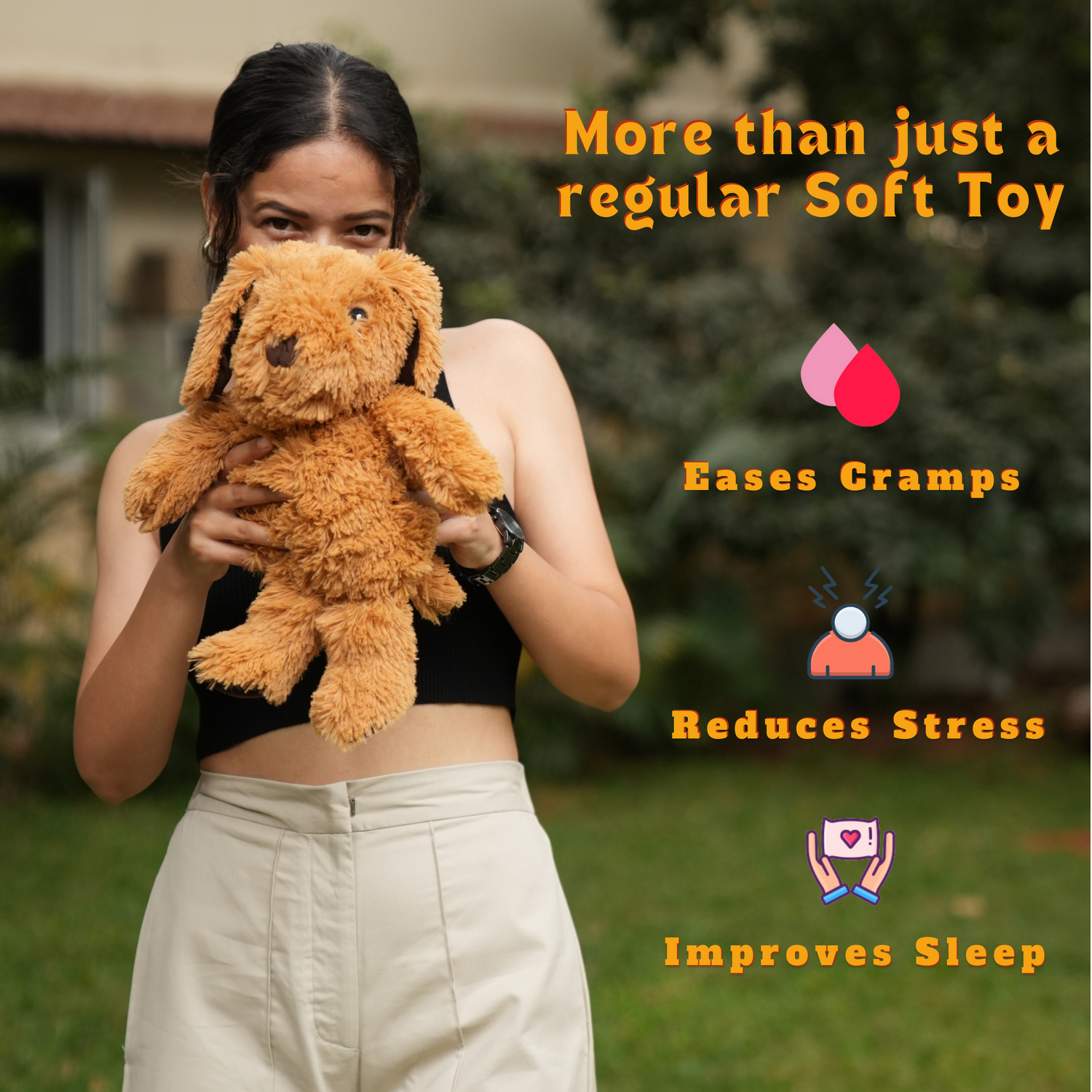Why a Nighttime Routine Matters
Sleep is an essential aspect of our health-physically, of course, but also emotionally. When anxious, the brain stays in this heightened arousal state and has difficulty falling or staying asleep. A consistent nighttime routine can help in the following ways:1. Activates the wind-down response: Routines create a familiar pattern, signaling to your brain that it is time to sleep.
2. Reducing mental clutter: Structured habits eliminate much of the decision-making so that not much can go wrong at night.
3. Improving sleep hygiene: Routine teaches your body to work within a natural circadian rhythm that allows for a deeper and more restorative sleep.
Steps to Build an Effective Nighttime Routine
1. Begin with a Sleep-Conducive EnvironmentThe right atmosphere in your bedroom will have a big impact on your ability to relax and sleep.
Dim the lights: Bright lights suppress melatonin, which is an important hormone for sleep. Change over to warm, dim lighting in the evenings.
Optimize temperature: Keep your bedroom cool (between 60-67°F) as studies have shown it helps make better sleep
Clear the space: A clean environment decreases visual stimulation and allows your mind a space to calm down
Noise: Limit noise disturbances: White noise machine, fan, or soft music can mask out harsh noises
2. Disconnect from Screens
Blue light coming from phones, tablets, and computers disrupts the natural sleep mechanism of your body. Pledge yourself a minimum of an hour before retiring to a bed detox from technology. Engage with some low-level activities such as reading, journaling, or light stretching while scrolling.
3. Create Soothing Routines
Rituals can help brain signals transition from wakefulness to sleep. Consider one or more of these:
4. Meditation and Mindfulness
Even a 5-10 minute session of meditation can calm your thoughts. Apps like Calm or Headspace offer guided meditations specifically for sleep. Or simply focus on your breathing with this simple exercise:
Breathe in for 4 counts
Hold your breath for 7 counts
Breathe out slowly for 8 counts
Repeat 3-5 times
Gentle Movement
Light stretches or yoga can release physical tension built up throughout the day. Focus on poses that target your neck, shoulders, and back. Child's Pose and Legs-Up-The-Wall are particularly restorative.
5. Aromatherapy
Fragrances such as lavender, chamomile, and sandalwood are recognized for their soothing properties. Use an essential oil diffuser, pillow spray for additional comfort.
Cuddles when heated along with its lavender diffusing properties is your companion to create this soothing slow night
6. Reflect Through Journaling
Nighttime anxiety often originates from unfathomed thoughts or worries. Writing can be an offload of the mind:
Gratitude journaling: List 3 things you're thankful for that day to shift focus from stress to positivity.
Brain dump: Put down all the thoughts on your mind—whether it's a task, worry, or random idea—so they don't keep swimming around in your head.
7. Explore Sensory Tools
Tactile and olfactory devices can have you anchored in the present, soothing anxiety:
Weighted blankets: This can give the feeling of being held, which helps one become relaxed.
Use heating pads or warm baths: Heat relaxes the muscles and calms the individual.
Cooling options: For people who like the feel of cool sensations, gel packs or cooling eye masks work well.
8. Change Evening Nutrition
What you eat and drink in the hours leading up to bedtime often determines your quality of sleep:
Avoid caffeine intake after mid-afternoon, and less alcohol, as these substances can disrupt sleep cycles.
Choose light sleep-conducive snacks such as bananas, almonds, or a small serving of Greek yogurt.
Keep hydrated but not too hydrated, as waking up for bathroom breaks can disrupt sleep.
9. Maintain a Consistent Sleep Schedule
Irregular bedtimes can confuse your circadian rhythm. Try to sleep and wake up at the same time every day, even on weekends. Your body will adjust naturally to these patterns over time, making it easier to fall asleep and wake up refreshed.
10. Manage Pre-Sleep Anxiety
If intrusive thoughts or worries come in at night, try these techniques:
Reframe your thoughts: Replace catastrophic thinking (e.g., “I’ll never finish that project”) with balanced statements (e.g., “I’ll take it step by step tomorrow”).
Visualize calm scenes: Imagine yourself in a peaceful setting, like a beach or forest, to distract from anxious thoughts.
Progressive muscle relaxation: Tense and then release each muscle group, starting from your toes and working upward, to release tension.
What works for one will not work for everyone. Try some elements in your routine and find what fits into your lifestyle and preferences. Patterns can be established by keeping track in a sleep journal.
Model Bedtime Routine
Here's an example of what a soothing evening might look like:9:00 PM: Turn off all screen devices.
9:10 PM: Write about your day and make a to-do list for the next day.
9:30 PM: Do some gentle stretches and deep breathing
9:45 PM: Use aromatherapy and snuggle into a weighted blanket.
10:00 PM: Lights out. Focus on visualization or listen to a calm, sleep story.
Closing Thoughts
Developing a night-time routine is just an investment in your overall well-being. It's creating a personalized ritual that prepares your mind and body for restful sleep, simultaneously reducing stress and anxiety!
Here are some valuable further reads:
https://www.sleepfoundation.org/sleep-habits
https://www.mayoclinic.org/healthy-lifestyle/adult-health/in-depth/sleep/art-20048379
https://www.sciencedirect.com/science/article/pii/S2221169115001033
Guided Tools and Apps for Sleep and Anxiety
Calm App – Meditation and sleep stories for better rest.
https://www.calm.com
Headspace – Guided meditations for stress relief and better sleep.
https://www.headspace.com
Pzizz – App for sleep and relaxation using soundscapes.
https://pzizz.com


